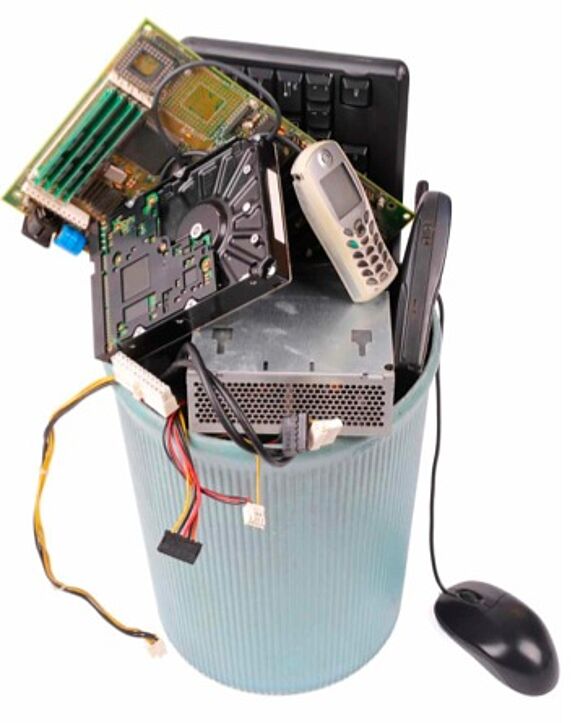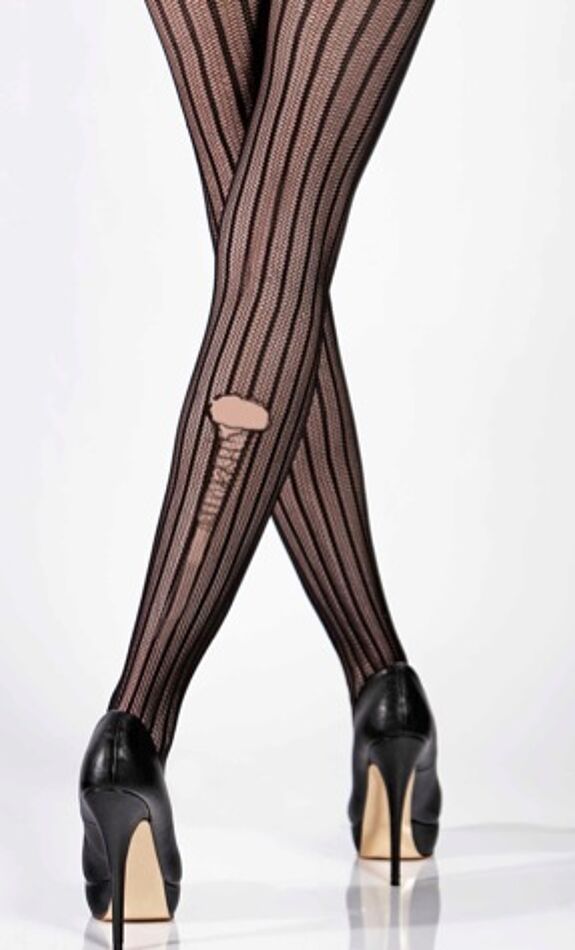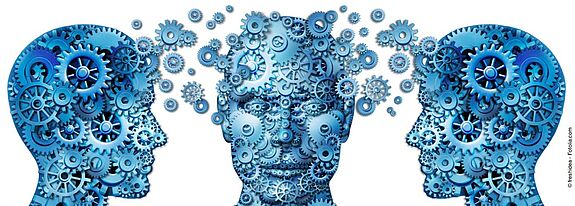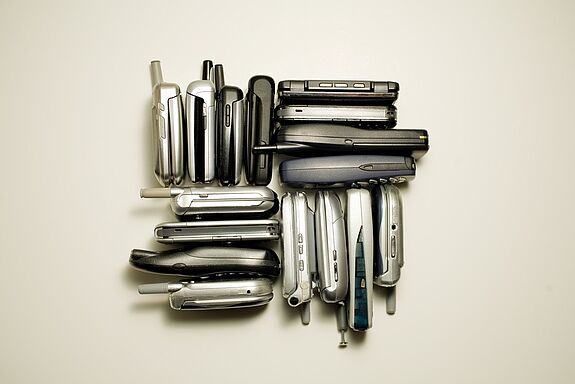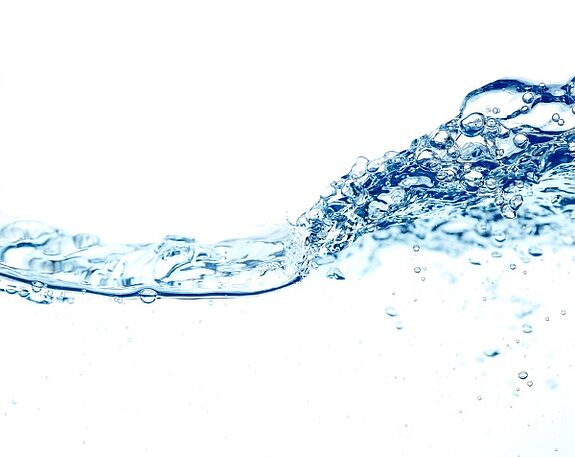Separating
Unifying Separation
Germans are world champions when it comes to separating. Actually, we are talking about separating waste. Blue, yellow, grey and green rubbish bins at home, at train stations, in schools and at the workplace: everyone here is familiar with the system of waste separation. Germany’s recycling system is world-famous, a model frequently adopted elsewhere. For the past 18 years, Germany’s Closed Substance Cycle and Waste Management Act (KrWG-AbfG) has been contributing to turning waste into an economic asset. With this act, operational and systematic waste management were introduced in companies and organisations.
This year, the act was revised. Now it is only called the Closed Substance Cycle Act (KrWG), leaving ‘waste’ in its name out. Waste is to be avoided through waste avoidance programmes that have yet to be implemented through regulations. The KrWG is intended to help establish a real recycling economy in an attempt to progress towards the ideal of a cradle-to-cradle, endless subsistence and resource-conserving economy. Legal experts suggest that the KrWG might be unable to perform the task of protecting natural resources and that Germany needs a proper law with precise provisions for the use of resources. After all, the conservation of resources should not be left to a type of waste management that makes a profit on recycled materials and secondary raw materials.
For this we have to dissociate ourselves from outdated perceptions of how the economy should work, what rules we need and how we should use resources. Let’s encourage differentiation and diversity because without them, everything would be the same—boring and less progressive. Proof of our ability to differentiate is provided by the history of mankind and we demonstrate our capacity for separating every day—on a mental as well as on a material level. Hopefully the articles of this magazine will encourage us to refine the model of separation.
Let’s unify for the cause of separation.
Ralf Bindel, the team of factory and the translator-classes of Donald Kiraly
More articles to the topic of Separating with expressive numbers and citations, nicely illustrated and readable on screens and tablets you will find in our PDF magazine Separating.
News zum Thema
- 06/2014 | Separating: New Topic of Factory-Magazine
- 08/2013 | A Map for sustainable shopping in NRW
Themen
- The Domino Effect: the Mobility Transition as an Engine for the ‘Great Transformation’
- Cities Use the Space
- Decarbonization by 2030
- The fear of biting the hand that feeds you
- Where investing is a pleasure
- Why divestment is going to change the world
- A Robin Hood tax for climate protection
- May the Force Be with Us
- Modern Strategies
- The prerogative of interpreting the future now lies with the companies involved in climate protection”
- From Negotiating to Trading Equitably
- Can a donkey be tragic?
- Rethink rather than rebound: a sufficiency revolution must precede the efficiency revolution
- On Rebound, Prebound and Performance Gaps
- So Let Us Seize Power Then!
- With Common Property Against Political Failure
- So Let Us Seize Power Then!
- The Comforting Beauty of Failure
- “It Is Not Impossible at All.“
- Resource-light shopping
- Men Have Not Stopped Giving the Advantage to Women – So Far
- Toothpaste for Princesses and Soup for Pirates
- It is about equality
- A nice day
- Initiative instead of frustration
- The right ingredients
- Resilient for Life
- Not only, but also
- Appreciation – more please!
- Worth more than money
- Learning to value the value of goods
- Worth and Values
- The Transformative Power of Science
- Historically effective: How innovation and technology transform
- The Disappearance of Products
- Growing Older 101
- Columbus’ Egg
- It Works! In Theory at Least ...
- What If...?
- Analysing Separately – Thinking and Acting Together!
- Let’s Break Away from Determined Breaking Points
- More Gold in Waste than in Mines
- The art of separation
- Should you really DIY?
- The Aesthetics of Do-It-Yourself
- Standing on One’s Own Feet
- From the handaxe to desktop fabrication
- Using Shares to Survive the Crisis
- When Citizens participate
- Possess to Participate
- The Right Growth at the Right Time
- Gunter Pauli and Blue Economy
- When Sustainability Grows
- How we treat Growth
- Illusions about Growth


